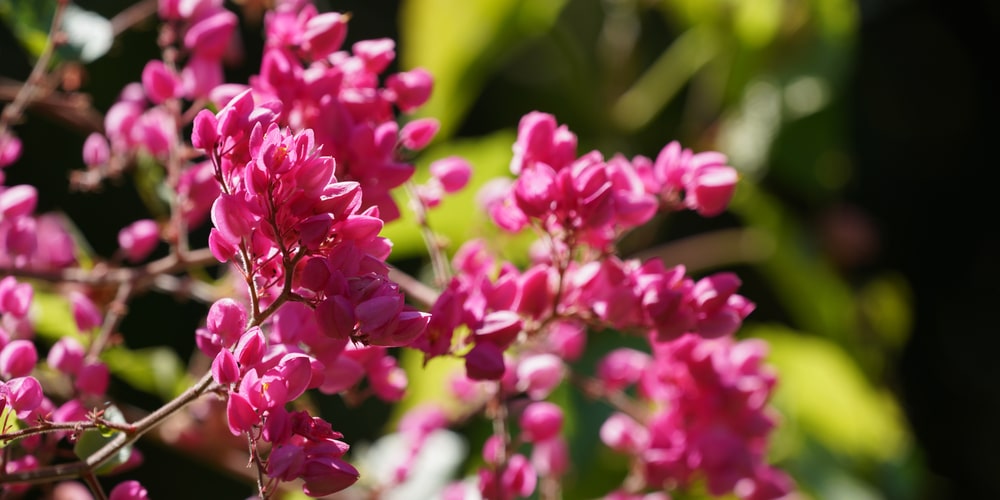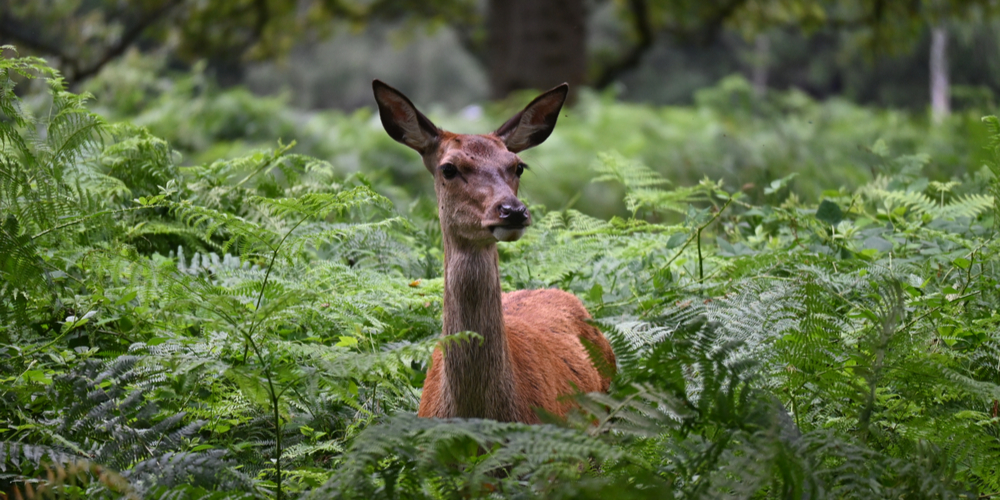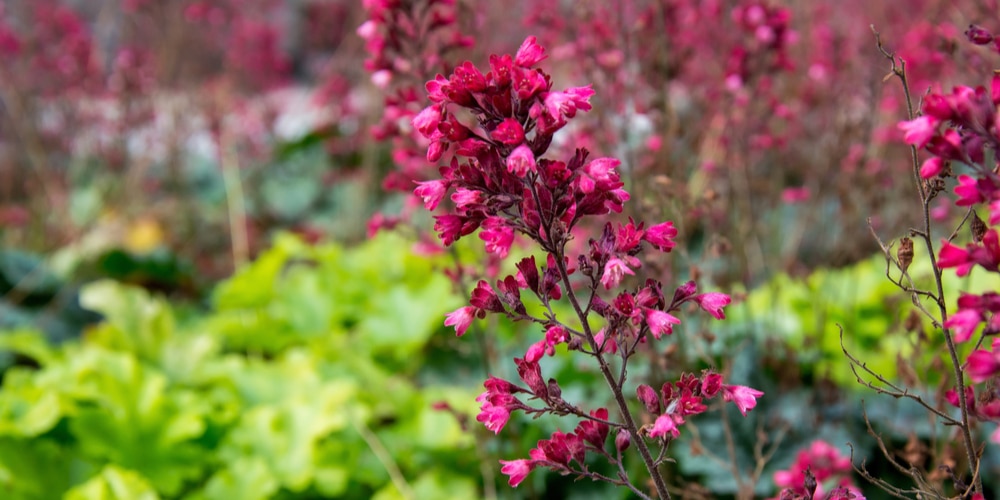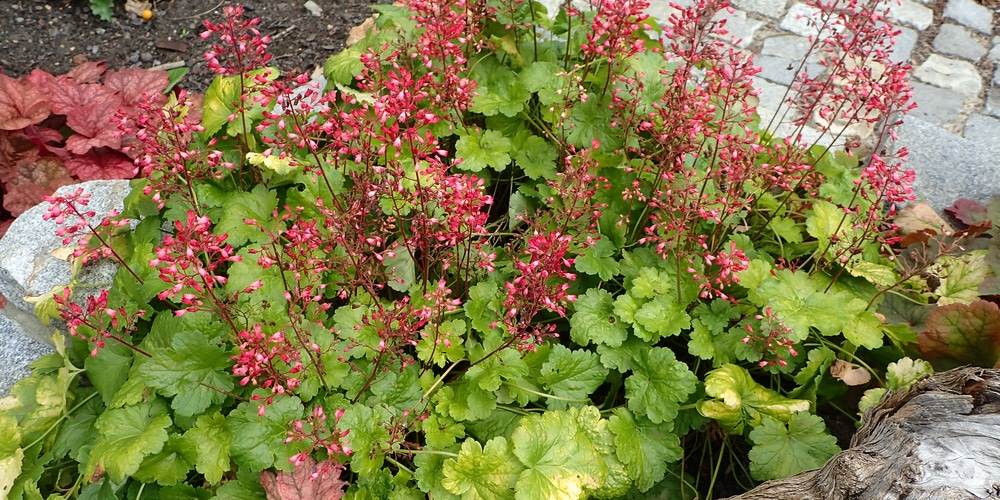Do deer eat coral bells? This is a question that many gardeners have wondered about.
Coral bells are a beautiful perennial plant found in many gardens. They are known for their delicate flowers and dark green leaves.
While deer usually avoid eating plants with unpleasant flavors, they may sometimes nibble on coral bells if hungry enough.
In this article, we will discuss everything you need to know about the diet of deer and whether or not they eat coral bells.
Quick Answer:
Deer may nibble on the leaves of coral bells if they are hungry, but they usually avoid eating them because of their bitter taste.
What Are Coral Bells?
Coral bells are a perennial plant that is native to North America. The plants can grow up to 18 inches tall and 24 inches wide. They have dark green leaves and delicate flowers in various colors, such as red, white, pink, and orange. Coral bells prefer to grow in shady areas with moist soil.
What Do Deer Eat?
Deer are herbivores, and their diet consists mostly of plants. In the wild, deer will eat various plants depending on what is available in their habitat. Some of the most common plants that deer eat include grasses, leaves, twigs, berries, and nuts.
In gardens, deer will often eat flowers, vegetables, and fruit. They are especially fond of eating tender young leaves and shoots. Deer will also eat the bark of trees and shrubs if they are desperate for food.
Do Deer Eat Coral Bells?
Now that we know what coral bells are and what deer typically eat, you may be wondering if deer eat coral bells.
The answer is that they may nibble on the leaves of coral bells if they are hungry, but they usually avoid eating them because of their bitter taste.
If you are concerned about deer eating your coral bells, you can do a few things to deter them. One option is to spray the plants with a commercial deer repellent. You can also try hanging strips of aluminum foil or plastic bags around the garden to scare the deer away.
Will Coral Bells Recover After Deer Eat Them?
Few things are as frustrating to a gardener as finding that their plants have been eaten. This is especially true if the culprit is a deer, which can decimate a garden in a single night.
But while it’s certainly disheartening to find that your carefully cultivated plants have been devoured, it’s important to remember that not all plants are created equal.
Some, like coral bells, are quite tolerant of deer browsing. Coral bells will often come back even after heavy deer grazing. This is because deers generally steer clear of the plants’ bitter-tasting leaves.
As a result, coral bells are an excellent choice for gardeners who live in areas where deer are a problem.
How To Grow Coral Bells
If you’re interested in growing coral bells in your garden, you should know a few things. First, coral bells prefer to grow in shady areas with moist soil. They can also tolerate partial sun but will not do well in full sun. It’s essential to plant coral bells in rich, well-drained soil.
Coral bells are relatively easy to care for and tolerant of drought and heat. They will bloom in the spring and summer months. To encourage more blooms, deadhead the flowers as they fade.
Coral bells are also quite resistant to pests and diseases. However, they can sometimes be affected by powdery mildew or rust. These problems can usually be controlled with a fungicide.
Conclusion
We hope this article has answered your question, “Do deer eat coral bells?” As we’ve seen, the answer is that they may nibble on the leaves of coral bells if they are hungry enough, but they usually avoid eating them because of their bitter taste.
If you’re concerned about deer eating your coral bells, you can do a few things to deter them. One option is to spray the plants with a commercial deer repellent. You can also try hanging strips of aluminum foil or plastic bags around the garden to scare the deer away.
Finally, coral bells tolerate deer browsing and will often come back even after heavy grazing. So, if you find that your plants have been nibbled on, don’t despair. They will likely recover and continue to thrive in your garden with a bit of time and patience.



